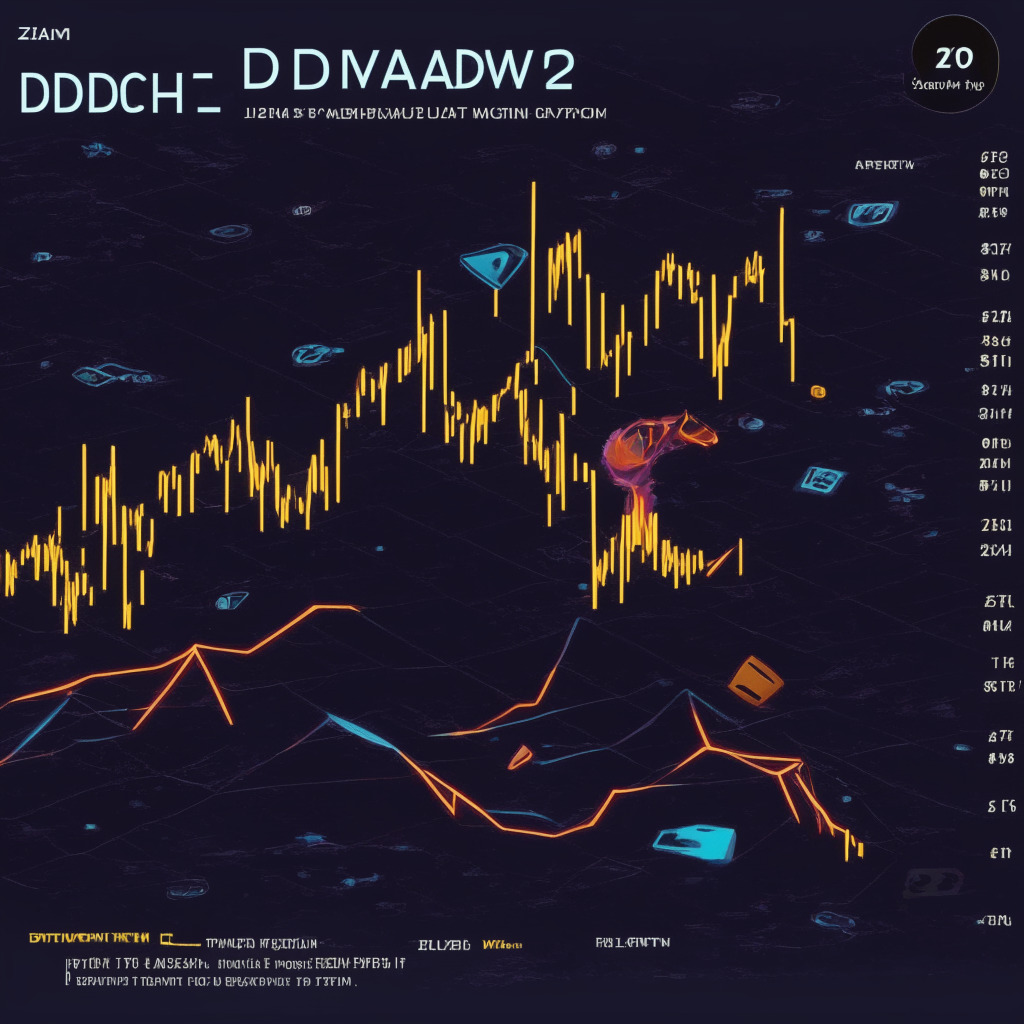Coinbase, the New York-based crypto powerhouse, recently reported its Q2 2023 income, bypassing all expectations by reporting a revenue of $708 million. This occurs notwithstanding the legislative hurdles it has confronts recently. Boosting this jump of income are the custody deal with Blackrock and a focus on institutional interests. Even though it reported a net income that was down 10% from the previous year during the same quarter, it was still ahead of early estimates.
Comparisons were drawn to other competitors such as Binance, that’s currently mired in regulatory issues which slows down its growth. Additionally, the over-performance by Coinbase is attributed to the highly favorable crypto price cycle of Q2 2023, enabling such cryptocurrencies as Bitcoin to reach new yearly highs. Remarkably, Coinbase’s non-trading income may, for the first time, out-rank its trading income. Non-trading revenue for Q2 2023 reached $335.4 million as opposed to transaction revenue of $327.1 million for the same quarter.
And on a different note, but one that’s equally important, Polygon Zero is accusing the developers of Matter Labs of plagiarizing a considerable portion of source code from its Plonky2 library, which is used in zkSync, a rival Ethereum layer-2 scaling solution. Much of the purportedly plagiarized code was found in a proving system called Boojum. Boojum allegedly borrowed more than the Poseidon constants from Plonky2 and matches closely with Plonky2’s design.
Matter Labs has marketed Boojum as being 10 times faster than Plonky2, a claim that is being questioned. Polygon Zero points out that the performance-critical field arithmetic code was directly copied from Plonky2, throwing the validity of such a performance claim into question.
While all these matters represent advancements and challenges within the crypto environment, the trend of large companies entering the fray represents a definite upward movement. The complexity of regulatory and copyright issues that emerge with the growth of these technologies shows there’s still a lot of evolution to occur in this industry. These debates will be instrumental in shaping the direction and velocity of such evolution.
Source: Cointelegraph




